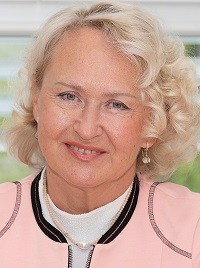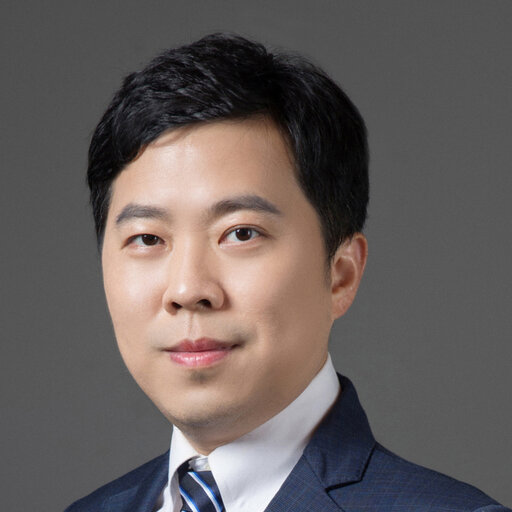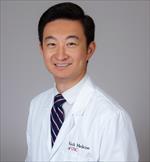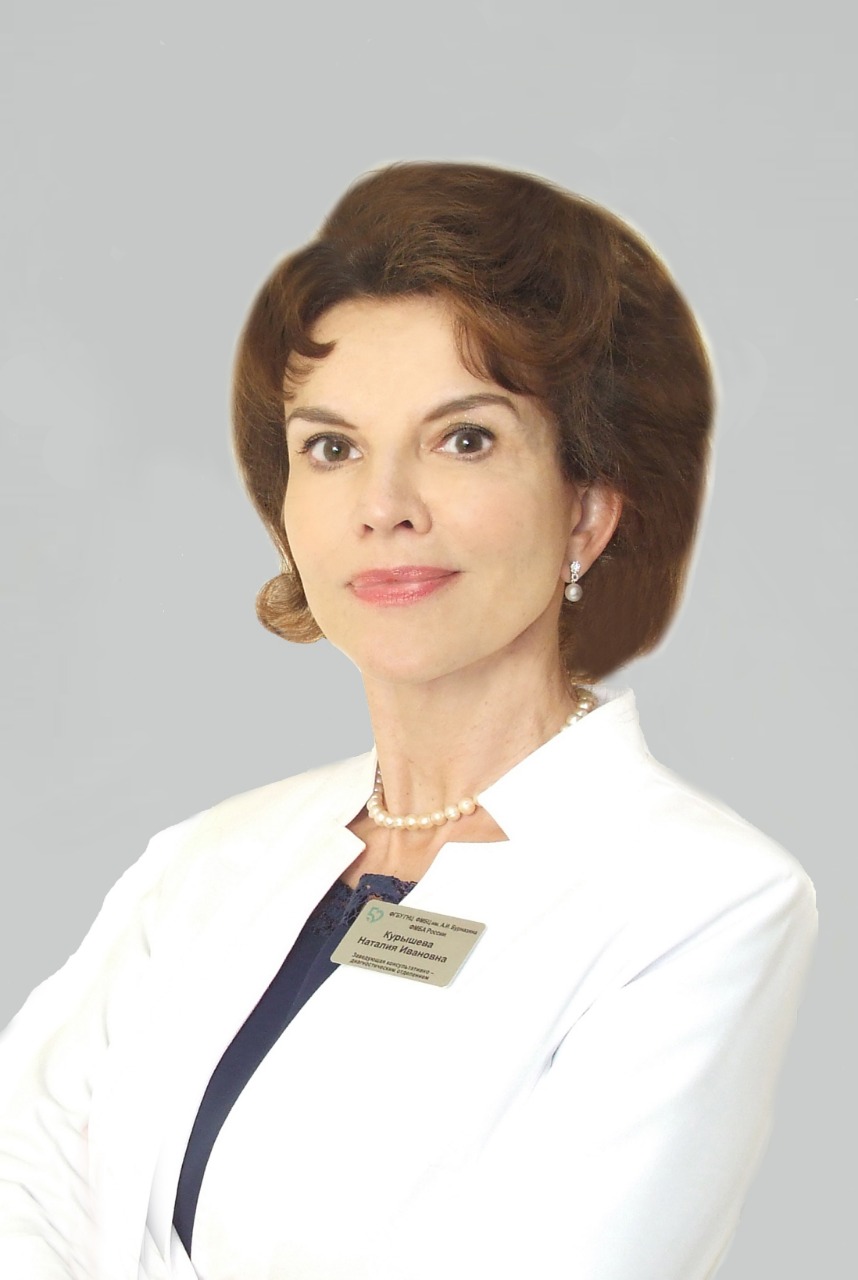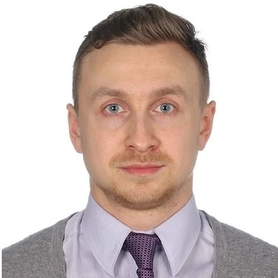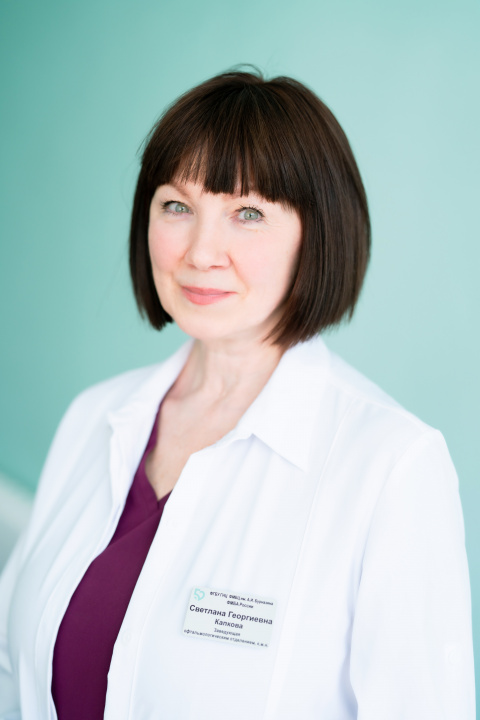About symposium
Dear colleagues, we invite you to take part in the XIII International Webinar: «Controversies in Glaucoma: 3P-medicine concept in treatment and monitoring», which will be held on November, 15, 2024.
Glaucoma, being one of the leading causes of blindness in the world, requires special attention from the medical community. It is evident that we need a shift to “predictive, preventive and personalised medicine” as a new philosophy covering both “health care” and “disease care”, promoting an integrated approach combining advantages of individual biomedical fields and technologies and consolidating a multi-professional collaboration. The application of the 3P-medicine concept is the key to solving glaucoma problems.
This year symposium will be marked by the participation of international experts from Germany (O. Golubnitschaja), China (G. Wang, H.Chen), the USA (B. Xu) and Russia (D.S. Maltsev, N.I. Kurysheva, S.G. Kapkova). The project is authored and coordinated by Professor Natalya Kurysheva.






